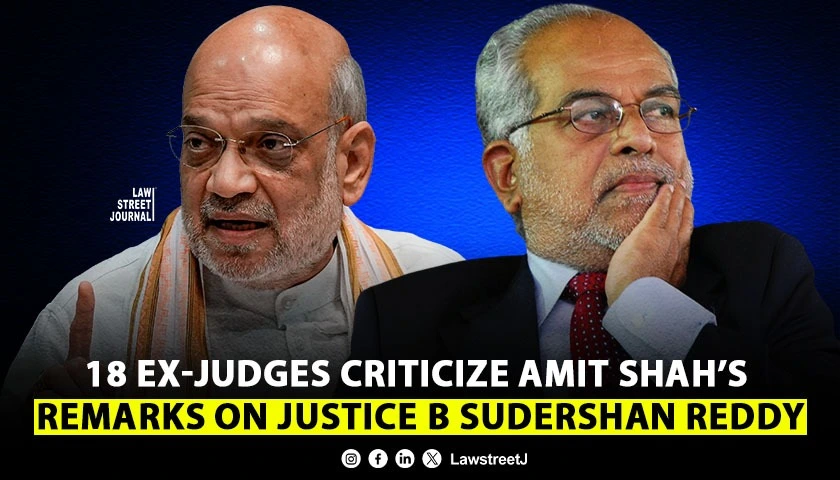NEW DELHI: The Allahabad High Court has declared that a Muslim man cannot marry another woman if he is not capable of maintaining his first wife and children.
A division bench of Justices Surya Prakash Kesarwani and Rajendra Kumar-IV quoted 'Holy Quran' to point out in view of its mandate, it is amply clear that bigamy is not sanctified unless a man can do justice to orphans, who can be his first wife and children in a given set of circumstances.
"All Muslims men have to deal justly with the orphans. A married Muslim man having his wife alive cannot marry with another muslim women, if he cannot deal justly with the orphan. A mandate has been given that in such circumstances a Muslim man has to prevent himself to perform second marriage, if he is not capable of fostering his wife and children," the bench said.
The court dismissed an appeal filed by a Muslim man against a district court's order declining his petition for restitution of conugal rights with regard to his first wife.
It noted that the man suppressed the facts that he contracted second marriage and some children were also born out of it.
"In the absence of any cogent explanation for the second marriage or in the absence of any explanation to the first wife with respect to matters aforementioned, the action of the plaintiff-appellant would amount to cruelty to his first wife. Therefore, it would be inequitable for the court to compel the first wife against her wishes to live with such a husband, i.e. the plaintiff-appellant," the bench said.
If the contention of the plaintiff-appellant/ husband for grant of decree of conjugal rights is accepted, then from point of view of the defendant-respondent/wife, it would amount to breach of her fundamental rights guaranteed under Article 21 of the Constitution, the bench added.
Explaining the legal position, the bench said a Muslim husband has the legal right to take a second wife even while the first marriage subsists, but if he does so, and then seeks the assistance of the Civil Court to compel the first wife to live with him against her wishes on pain of severe penalties, she is entitled to raise the question whether the court, as a court of equity, ought to compel her to submit to co-habitation with such a husband.
In other words, if the husband, after taking a second wife against the wishes of the first, also wants the assistance of the Civil Court to compel the first to live with him, the Court will respect the sanctity of the second marriage, but it will not compel the first wife, against her wishes, to live with the husband under the altered circumstances and share his consortium with another woman, if it concludes, on a review of the evidence, that it will be inequitable to compel her to do so. Even in the absence of satisfactory proof of the husband's cruelty, the Court will not pass a decree for restitution in favour of the husband if, on the evidence, it feels that the circumstances are such that it will be unjust and inequitable to compel her to live with him, the court added.
Read Order








